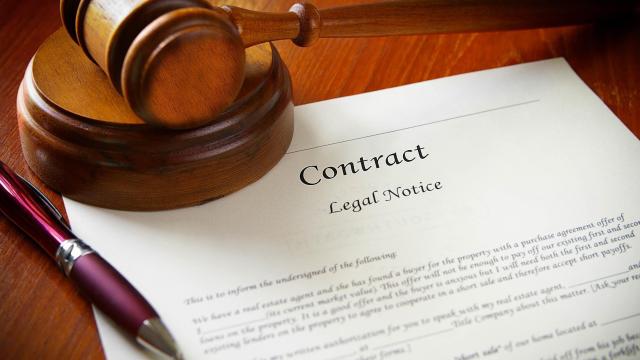Even lawyers aren’t big fans of legal jargon. A recent study has found that lawyers have an easier time remembering legal documents written in simple English over those filled with so-called legalese. They also seem to prefer the simpler version for themselves and their clients.
Last year, researchers at the Massachusetts Institute of Technology published a paper looking closely at the phenomenon of incomprehensible legal language.
The team analysed thousands of legal contracts and compared them to other forms of text. They found that these documents weren’t necessarily hard to read because they contained complex legal terms; rather, the documents were often just poorly written. One example was the rampant use of a text structure known as “centre-embedding,” or inserting long definitions of words right in the middle of a sentence. Unsurprisingly, they also found that lay people had a harder time understanding these documents when they were filled with legalese as opposed to being written in plain English.
In their new research, published Tuesday in PNAS, the researchers wanted to understand why lawyers use so much jargon in the first place. They recruited over 100 lawyers and had them go through the same tasks that nonlawyers in their earlier research had done.
The lawyers did perform better than the average person. On average, for instance, lawyers scored 45% on a test that asked them to recall documents written in legalese, compared to the average 38% scored by nonlawyers. But the lawyers’ score also increased to over 50% when they were given the simplified version.
“Lawyers are much better, it turns out, at reading these contracts either in plain English or in legalese and understanding them and answering questions about them. However, they have a much harder time with the legalese, just like regular people,” senior study author Edward Gibson, an MIT professor of brain and cognitive sciences, said in a statement released by the university.
In a separate experiment, the team asked another group of 100 lawyers to judge documents made with and without legalese on a variety of criteria. This time, the lawyers rated the simpler documents as being higher quality than those with jargon, while still being as legally enforceable. They also agreed that they and their clients would be more likely to sign the simpler version, and that they would more often hire someone who wrote that version over the more stuffy one.
The team had many working hypotheses for why jargon is so common in the legal field. One possible explanation, for example, was that lawyers use jargon because they’re so skilled at reading and using it that they don’t even notice how much harder it is for others to do the same. But that reasoning doesn’t make sense, given the findings. The only hypothesis that might still hold water is that lawyers tend to copy and paste legal jargon from one contract to the next, perhaps because they expect that language to remain enforceable.
In any case, the authors say that everyone would benefit from easier-to-grasp legal language.
“Contrary to previous speculation, these results suggest that lawyers who write in a convoluted manner do so as a matter of convenience and tradition as opposed to an outright preference and that simplifying legal documents would be beneficial for lawyers and nonlawyers alike,” they wrote.
